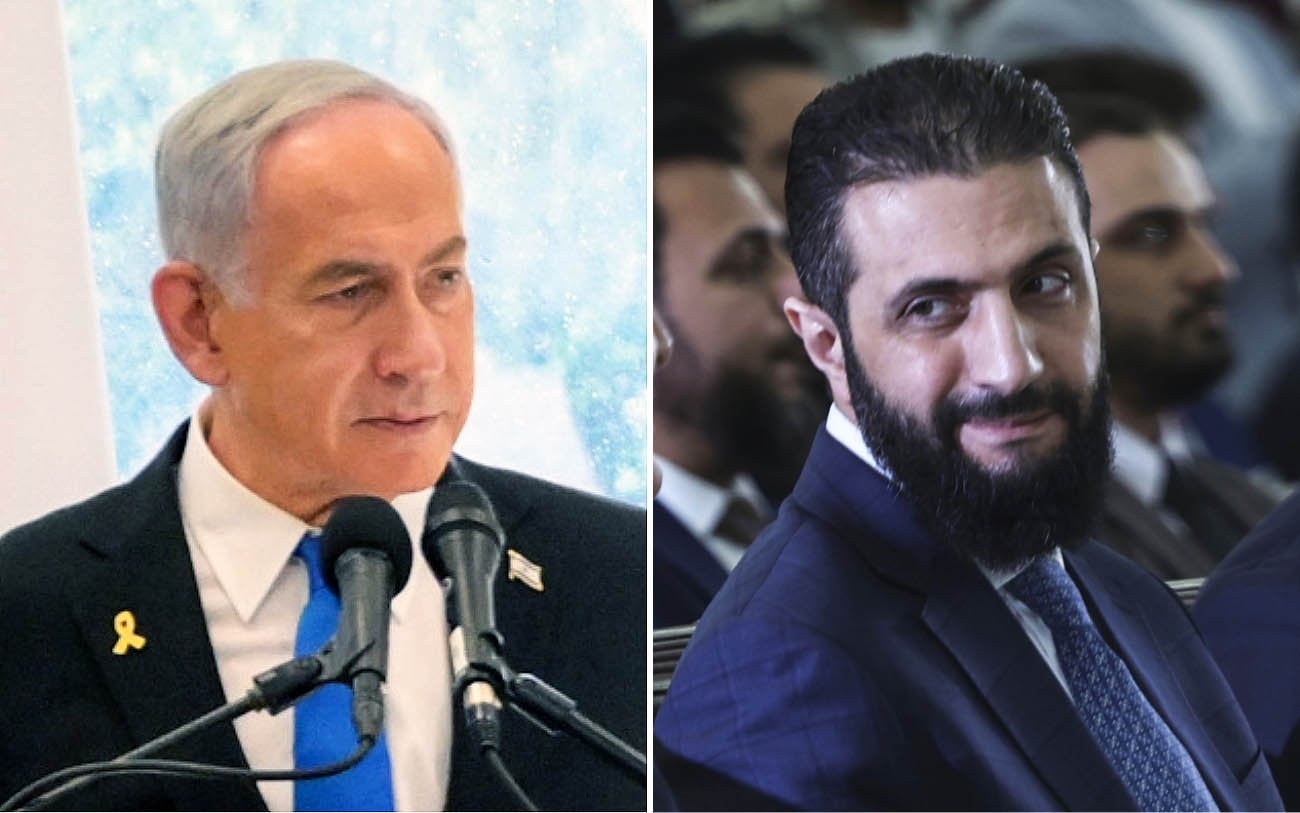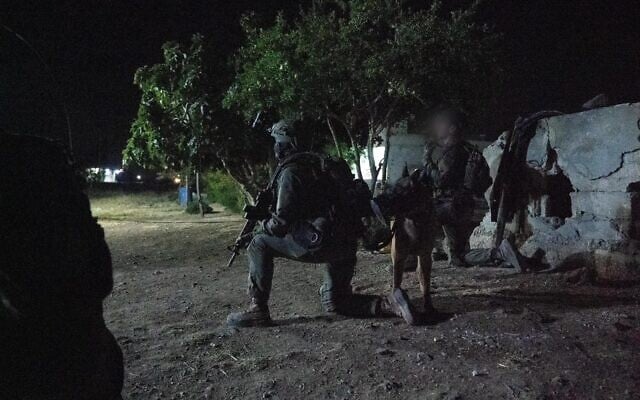



Syrian state media reported Wednesday that statements on signing a peace deal with Israel were “premature,” days after Israel said it was interested in striking a normalization agreement with Damascus.
“Statements concerning signing a peace agreement with the Israeli occupation at this time are considered premature,” state TV reported an unidentified official source as saying.
“It is not possible to talk of the possibility of negotiations over a new agreement unless the occupation fully adheres the 1974 disengagement agreement and withdraws from the areas it has penetrated,” it added.
On Monday, Foreign Minister Gideon Sa’ar said his country had an “interest in adding countries, Syria and Lebanon, our neighbors, to the circle of peace and normalization while safeguarding Israel’s essential and security interests.”
The statement came amid major shifts in the region’s power dynamics, including the fall of longtime Syrian ruler Bashar al-Assad in December and the weakening of fellow Iran-backed Hezbollah after the Lebanese terror organization’s latest war with Israel.
Following Assad’s ouster, Israeli troops entered the UN-patrolled buffer zone along the 1974 armistice line on the Golan Heights and other areas deeper inside southern Syria, with officials initially branded Syria’s new rulers “terrorists” due to their al-Qaeda-linked past and the Israeli Air Force waged a fierce campaign of aerial bombardment on what it said were military targets across the country.
The hostilities subsided after US President Donald Trump turned decades of American policy on its head by lifting sanctions on Syria and meeting President Ahmed al-Sharaa in Riyadh this May. Syria’s new Islamist authorities have confirmed holding indirect talks with Israel to reduce tensions.
Sharaa has repeatedly said Damascus does not seek conflict with its neighbors, asking the international community to pressure Israel into stopping the attacks.
Damascus has said that the goal of ongoing negotiations is the reimplementation of the 1974 armistice between the two countries that ended the Yom Kippur War the year before.
Sa’ar said the Golan Heights, much of which Israel captured in the 1967 Six Day War and later annexed in a move rejected by the UN but since recognized by the United States, “will remain part of the State of Israel” under any future peace agreement.
Control of the strategic plateau has long been a source of tension between Israel and Syria, which are technically still at war. Before assuming power after Assad was toppled, Sharaa went by the nom de guerre Abu Mohammed al-Julani, which he said was a reference to his family roots in the Golan Heights, claiming that his grandfather had been forced to flee after Israel’s takeover of the area in 1967.

